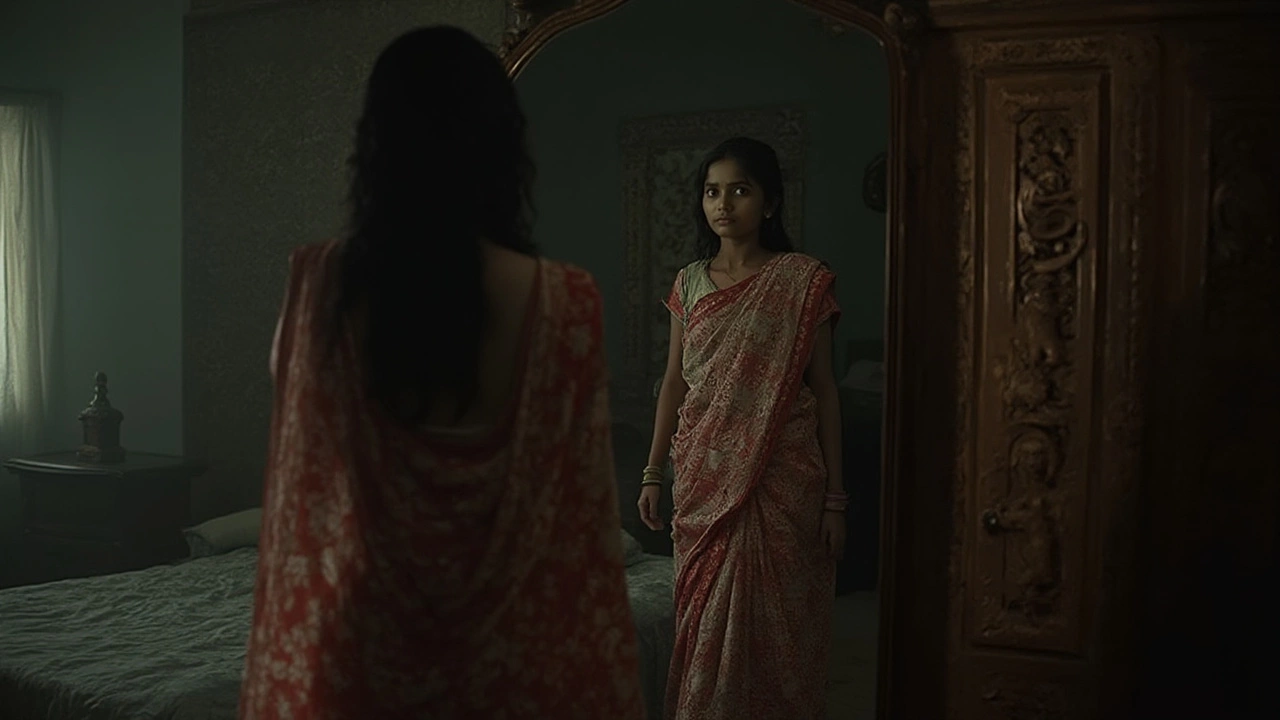
Why Are Humans Afraid of Mirrors? Exploring Mirror Phobia, Myths & Psychology
Ever felt uneasy staring at your own reflection? Dive into why humans are afraid of mirrors, the psychology behind it, spooky myths, and how to deal with mirror phobia.
View More